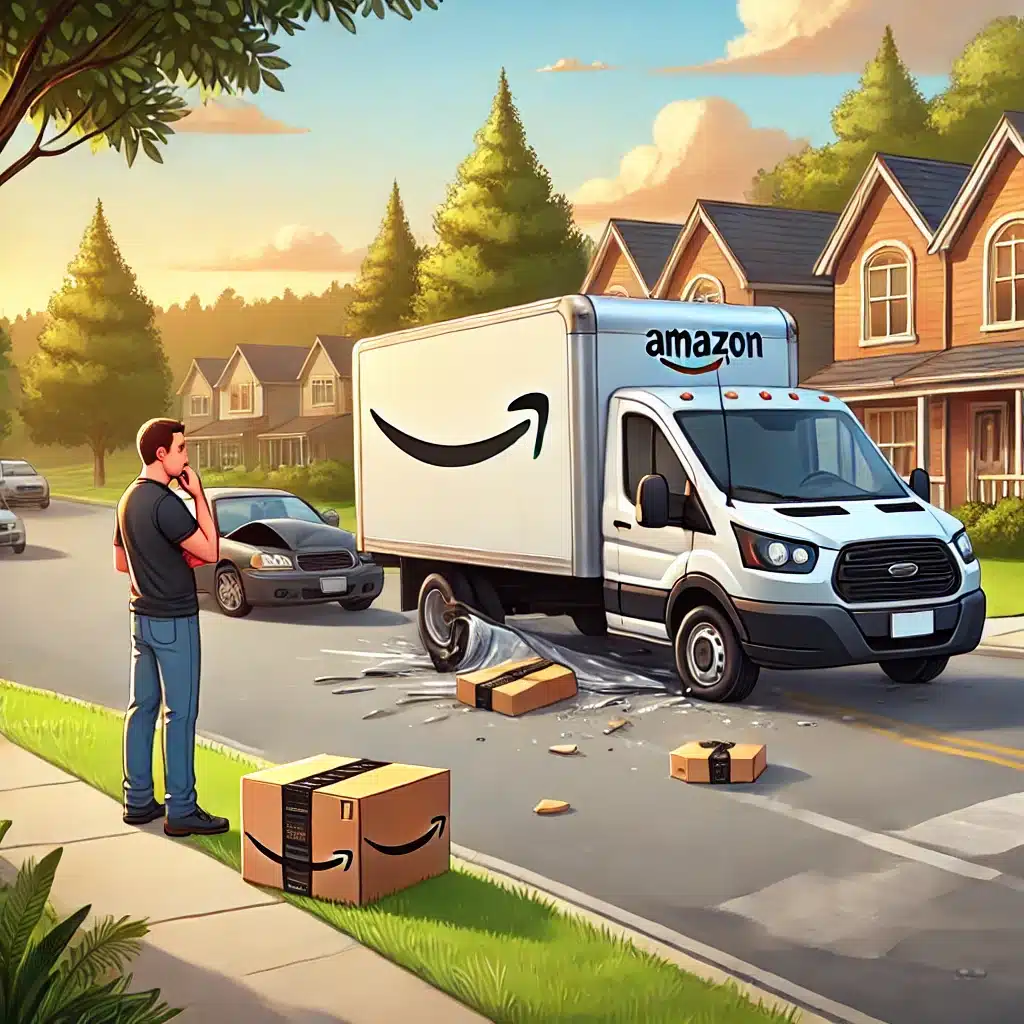Not all car crashes ruin peoples’ lives. But most crashes are inconvenient, expensive – and entirely preventable.
Somehow, we have come to accept that because crashes are very common, they are inevitable. Most are not.
Over the course of the next several weeks, I’m going to review the most common causes of car crashes and how you can avoid being involved in one.
Here’s why we use the word “crash” instead of “accident”
Prevent car crashes by Paying Attention
One of the top causes of car crashes is distracted driving. Each year, distracted driving becomes a larger threat.
It always amazes me when people who are very conscious of their health in other ways are negligently casual about motor vehicle safety.
The odds are, driving is the most dangerous thing you do on a regular basis.
We think of using a cellphone as the top cause of distracted driving—and that’s probably true. However, “distracted driving” just means you’re doing something other than paying attention to driving. That includes, eating, reading, grooming, changing the radio, taking in the view and reaching for items.

When you get used to driving, you forget: driving safely demands an extremely high percentage of your attention, if not all of it.
As drivers become more experienced and comfortable with driving, they are willing to spread their attention across numerous distractions.
According to the National Highway Traffic Safety Administration there are three types of distractions:
- Visual – taking your eyes off the road;
- Manual – taking your hands off the wheel;
- Cognitive – taking your mind off what you are doing.
Eliminating driving distractions
Here are some tips for reducing or eliminating distractions.
Pre-trip:
- Set your essential controls;
- Review your route;
- Secure your children and/or pets;
- Put your cellphone on “do not disturb” or in silent mode.
Before you start the car, pause for a moment: do you have everything you need in place? Take a deep breath, and shift your attention to driving.
During your trip:
- If you need to make a call, check text messages, read the GPS or eat, then pull over.
- Pull over if you are get tired or confused.
- Never take your eyes off the road.
- Take breaks when needed.
These are only some of the many suggestions and tips that are available to drivers.
Remember when behind the wheel of a car, your life and the lives of others are dependent upon your safely preforming the task of safe driving.
– Attorney Kevin Coluccio
Helpful Reading: Car Safety Checklist



